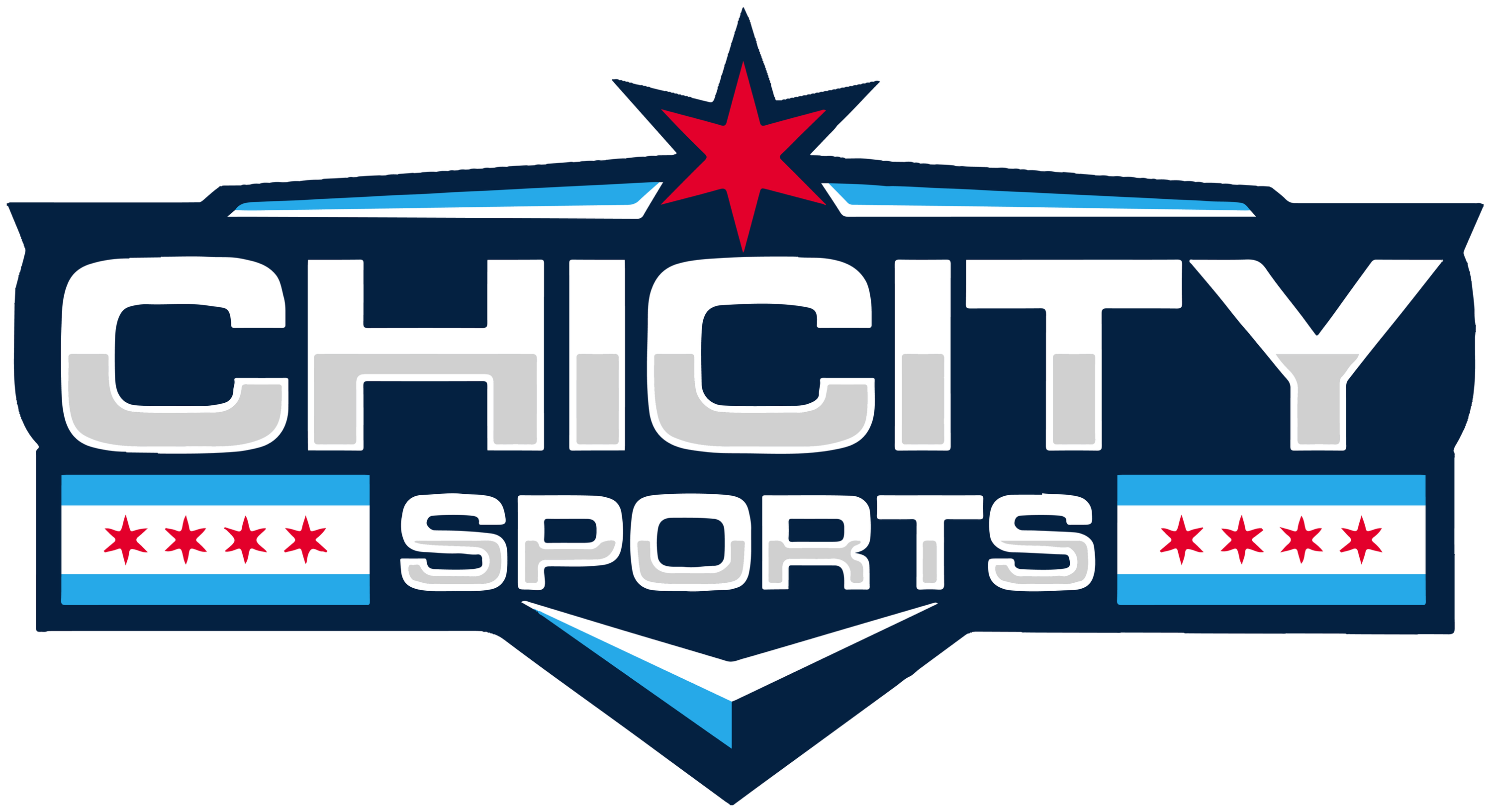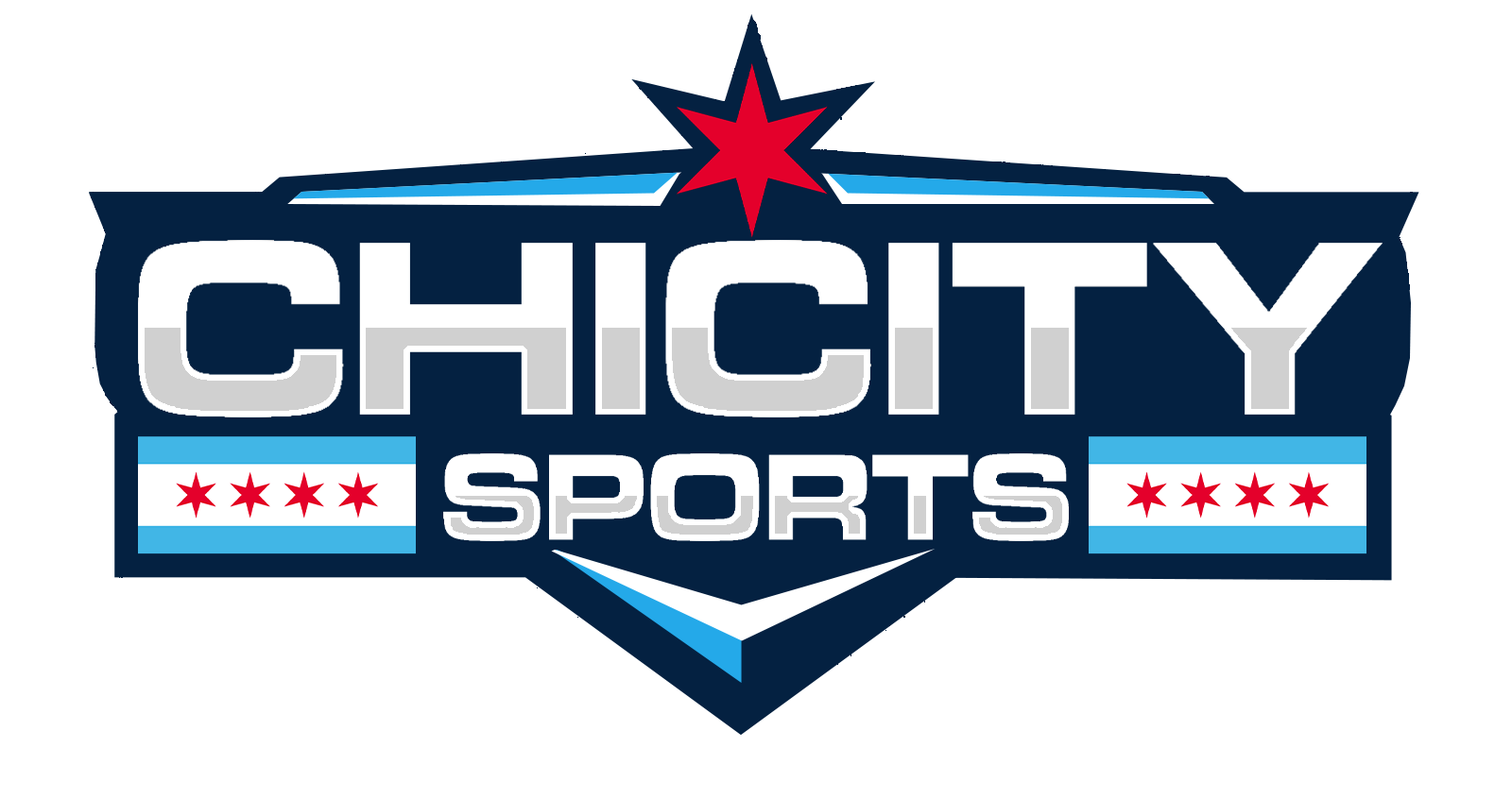When it comes to muscle training, it’s important to prepare the muscles by eating right, getting enough rest and sleep, and starting your training slowly but surely and consistently. Taking vitamin supplements also help in muscle development.
In this post, you’ll learn the importance of taking vitamin supplements for muscle training.
Supply the Right Nutrients for the Muscles
Muscle training usually starts with your body weight, using resistance to work the muscles, strengthening exercises, pairing your upper body and lower body to move, and performing steady repetitions until you’re ready to go to the next level.
However, if the muscles don’t have the right nutrients, they won’t be receptive to training. Taking vitamin supplements boosts endurance and strength since it’ll supply the right nutrients for the muscles to work and build.
Here are the important nutrients for muscles:
- Protein
- Calcium
- Carbohydrates
- Vitamin B12
- Iron
- Vitamin D
- Magnesium
- Zinc
- Riboflavin
Aids in Muscle Repair
Taking vitamin supplements, most especially one with glutamine content, is as important as regular exercise. Glutamine is one type of amino acid that helps in muscle repair, like what protein does.
During high-stress workouts, such as weightlifting or high-intensity training (HIT), taking glutamine supplements help in faster muscle recovery.
Here the dietary sources of glutamine:
- Beef and chicken meat
- Fish
- Eggs
- Dairy
- Some greens, like spinach
Boosts Energy
Carbohydrates are important, too, in muscle training because this nutrient provides glycogen for the body to be used as energy during intense training. Also, carbohydrates improve muscle repair.
Muscle Oxygenation for Muscle Growth
One of the important nutrients for proper muscle growth and building muscles is cobalamin or Vitamin B12, which plays a vital role in red blood cells (RBC) production. The red blood cells carry oxygen to your muscles, which is needed for muscle growth. Also, it helps in energy metabolism, like proteins and fats used in muscle repair.
Vitamin B12 also ensures that your muscles and brain communicate efficiently, which significantly affects muscle growth, development, and muscle coordination.
Taking vitamin supplements provides you the right amount of vitamin B12.
Promote Energy Metabolism and Muscle Contraction
Muscles need to contract for them to grow and function properly, and calcium plays an important role in energy metabolism and muscle contraction.
Lack of calcium stimulates the production of calcitriol, which is a hormone promoting fat storage.
Protects the Body Against Oxidative Stress
Vitamin supplements, most especially vitamin C or ascorbic acid, protect your body against exercise-induced oxidative stress. It’s a powerful antioxidant that also helps in iron absorption and combating infection.
Vitamin D is another important nutrient that aids in the proper absorption of calcium and phosphorus, which are essential for proper muscle contractions and energy production.
Strengthen Immunity
Aside from vitamin C, trace nutrients, like selenium, help boost immunity. It impedes damage caused by harmful free radicals as a result of weight training.
The best dietary sources of selenium include fresh tuna, wholemeal bread, and sunflower seeds.
Promotes Healthier Heart for Healthier Muscles
A healthy heart would result in healthy muscles because the heart pumps oxygenated blood to the muscles. The heart also eliminates unoxygenated blood outside the body through the lungs or respiration.
Here are the important nutrients to promote a healthier heart for healthier muscles:
Omega-3 Fatty Acids: These fats are essential to be obtained from diet or supplements because the body has no ability to make them. These fats promote healthier hearts, suppress hunger, and help you to lose weight.
The best dietary sources of this fat include salmon, mackerel, flaxseed oil, and walnuts. You’ll need to take vitamin supplements if you’re into an intense workout to promote a healthier heart for healthier muscles.
Copper: This is a trace body mineral that helps protect the cardiovascular and nervous system health.
The best sources of copper include peanuts, crab, sunflower seeds, and sardines in tomato. This nutrient is also found in vitamin supplements.
Magnesium: It’s another vital nutrient needed by the muscles to contract properly. It’s also found in the body fluids and soft tissues to help reduce muscle cramps and fatigues, thus boosting energy levels.
Conclusion
The muscles need exercise, rest, and vitamins to grow. Working for each muscle group at least twice a week is a good idea to help maintain fitness and overall health. While many of these vitamins and minerals are found in food, you’ll need additional supplements or vitamin supplements if you want to accelerate muscle growth and building.
For More Great Chicago Sports Content
Get the latest Chicago sports news, analysis, and breaking stories on the Bears, Bulls, Blackhawks, Cubs, White Sox, Sky, and more! Tap the star to add us to your favorites on Google News, so you never miss a story on your favorite Chicago teams.
Follow us on Twitter at @chicitysports23 for more great content. We appreciate you taking time to read our articles. To interact more with our community and keep up to date on the latest in Chicago sports news, JOIN OUR FREE FACEBOOK GROUP by CLICKING HERE




